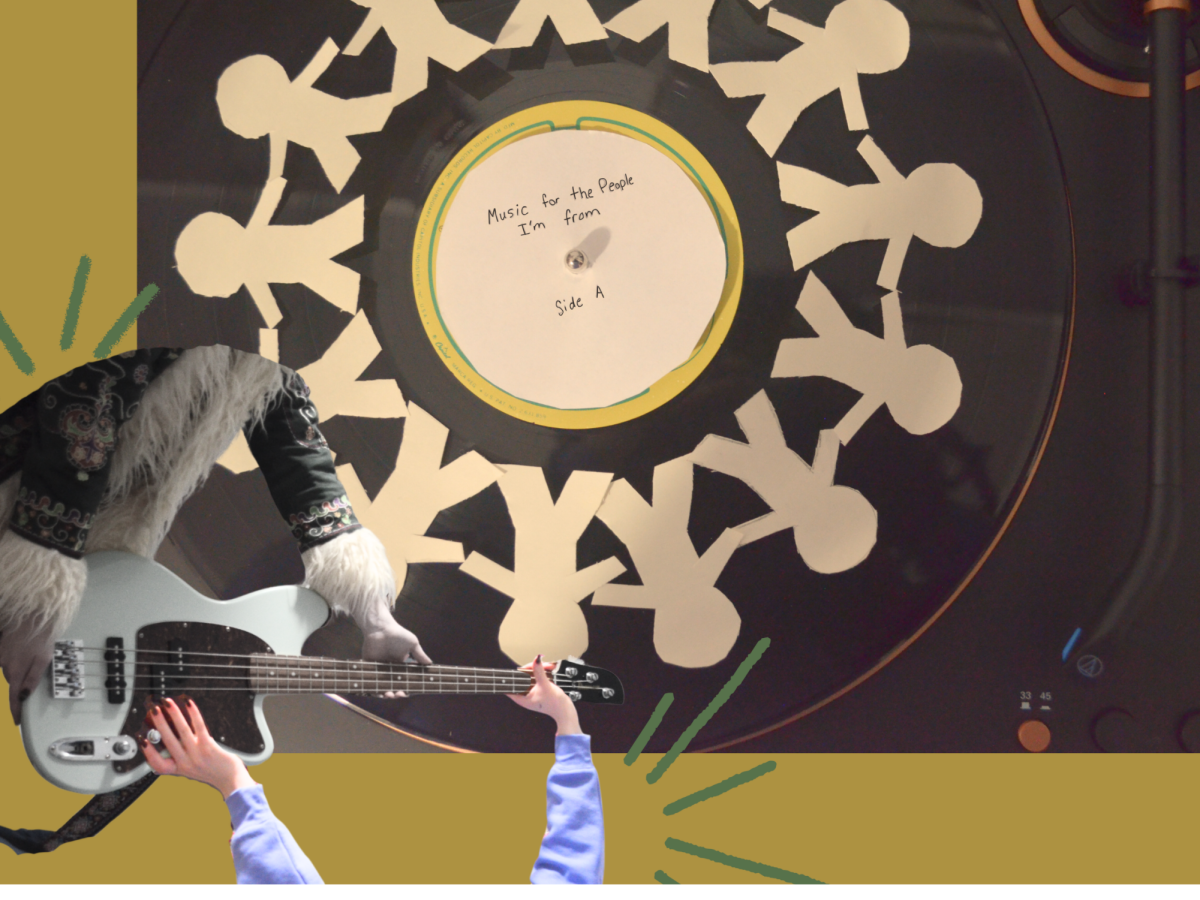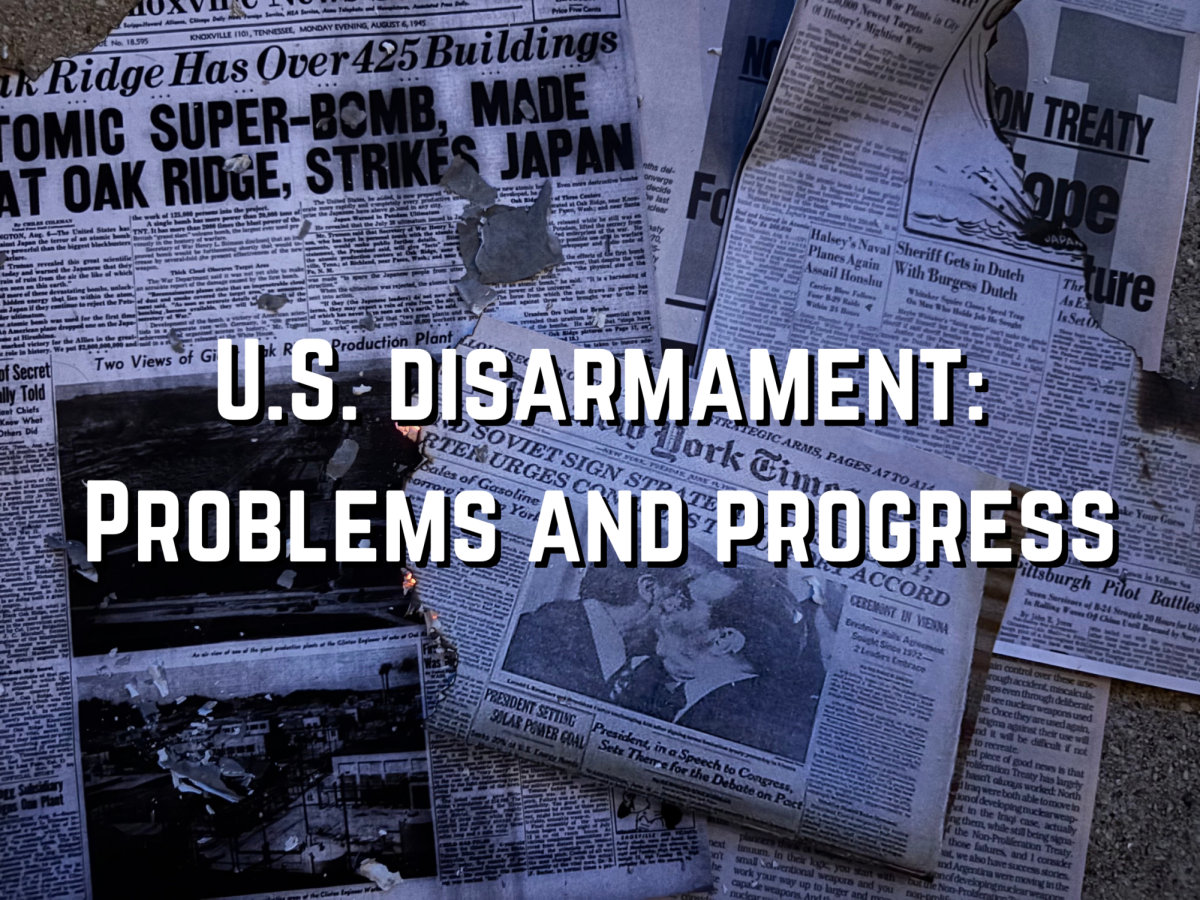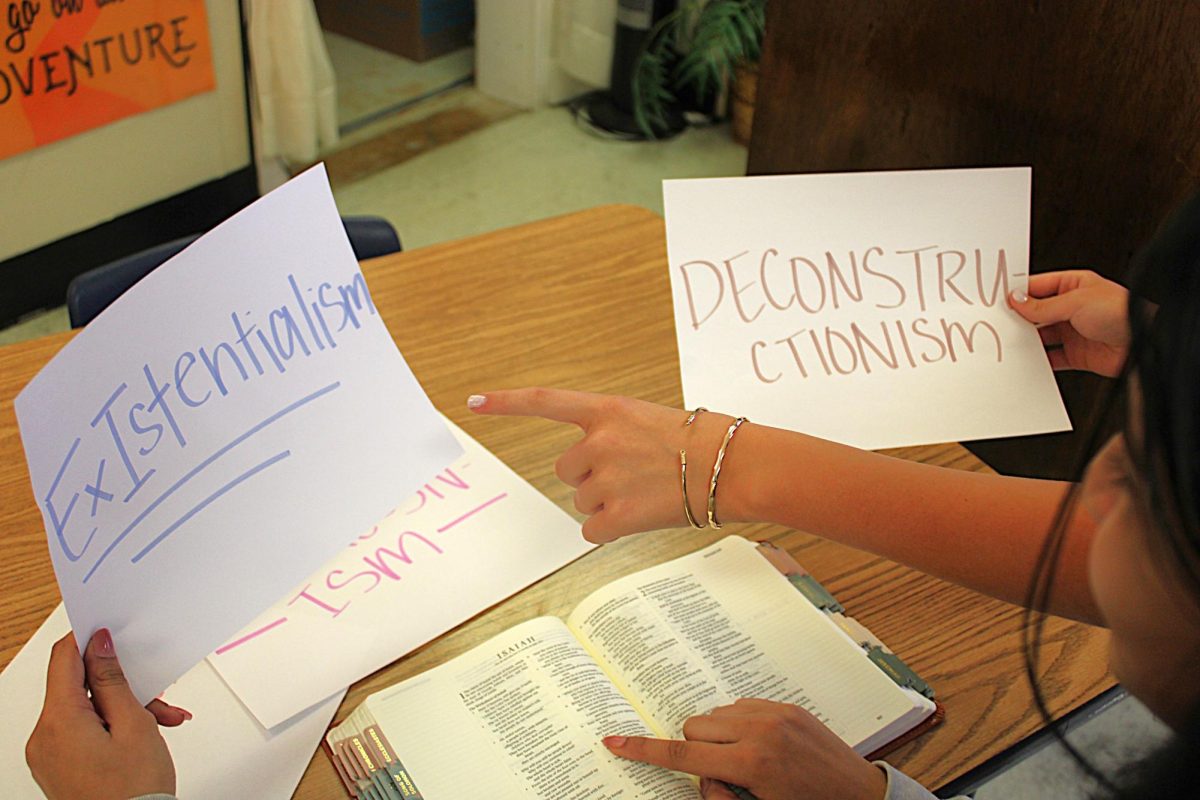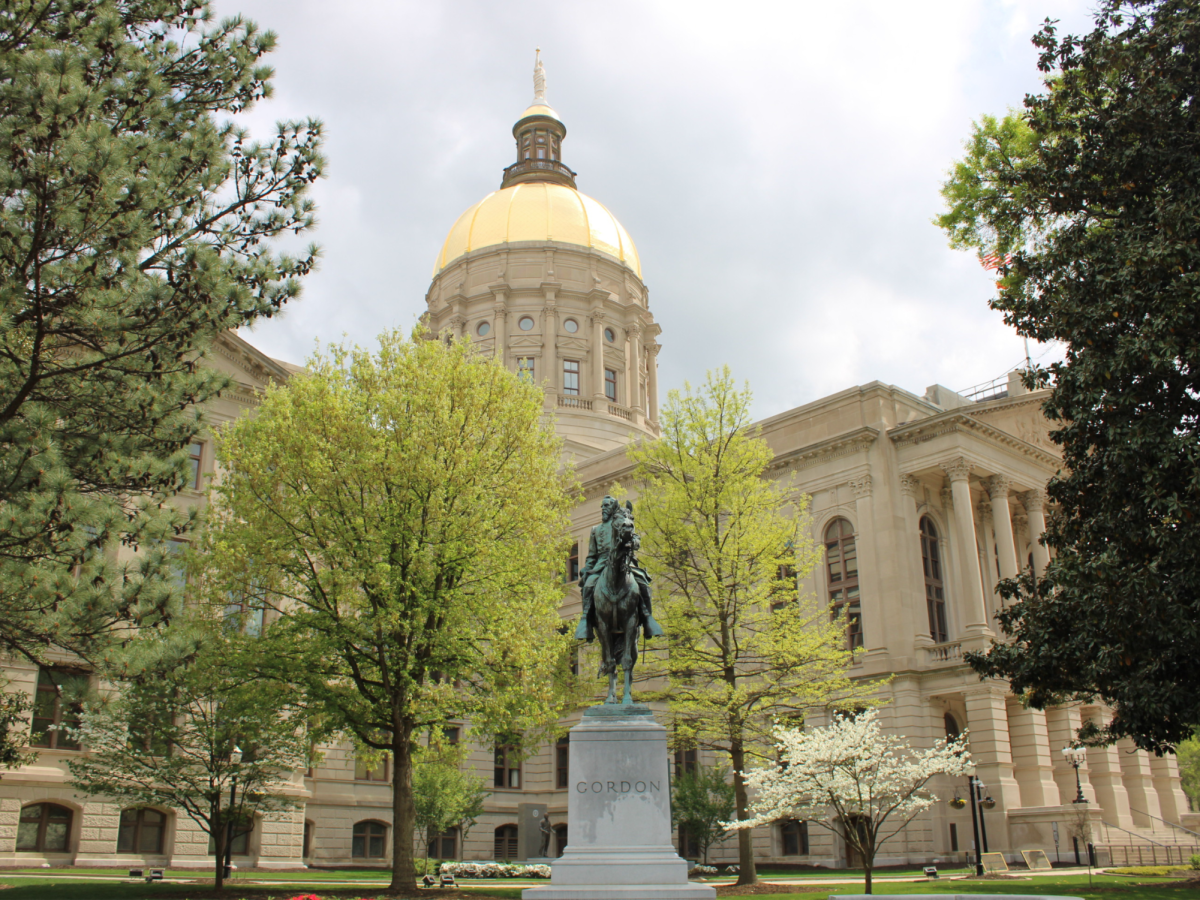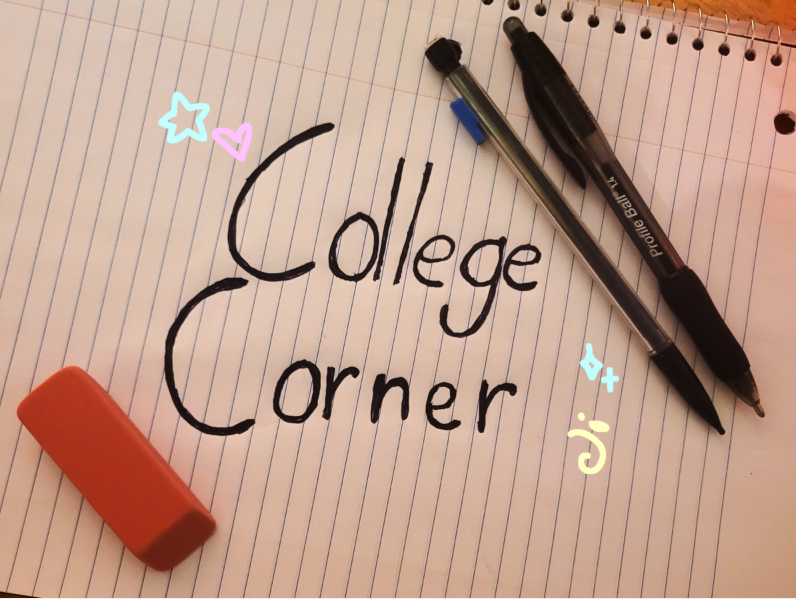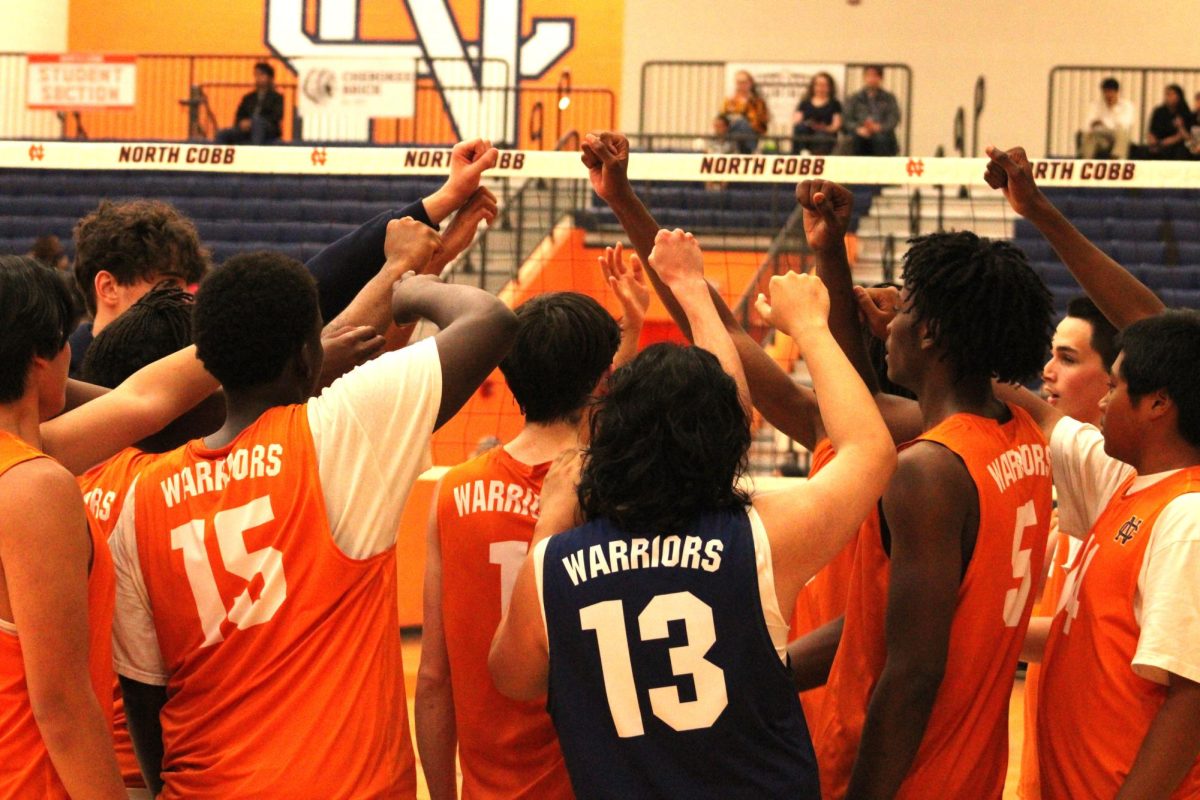In the nearly 250-year-long history of the U.S., voting, a constitutionally-ensured right, has left a complex, polarizing legacy that still lingers in the American psyche. Amidst the black ink that embedded the democratic practice into the nation’s history, the right to vote took a convoluted pathway toward its current status, especially for less-privileged citizens. Through various amendments, laws and clauses, voting rights expanded across marginalized communities, creating equitable access for all persons to engage civically. Despite attempts to establish equity among all citizens, however, disenfranchised groups of citizens have fallen victim to tactics of voter suppression — any legal or extralegal means of attempting to reduce the voter turnout of a targeted group. For citizens of all ages — whether a veteran voter or a student just learning the principles of government — understanding the complexities of voter suppression can encourage individuals to boldly stand in their civic power.
Since the creation of the 13th, 14th and 15th Amendments — legislations intended to expand voting suffrage for formerly enslaved African Americans — in post-Civil War America, various measures of suppressing Black voters have emerged. Tactics such as literacy tests and The Grandfather Clause exemplified systemic modes of oppression for former slaves and current sharecroppers; nearly 70% of Blacks and other minorities faced illiteracy in the 1870s, and in 1895, older generations of Black men did not possess the right to vote. The intentional laws put in place in Southern, Confederate states served as early vessels for modern means of voter suppression. Poll taxes, a popular form of restriction, mandated citizens to pay a blanket rate to cast a ballot. During the 1880s and 1890s, Democrats edited their state Constitutions to feature legal backings for their new polling tactics, which prevented low-income Black citizens — and by extension, poor White people — from gaining suffrage. For several Western and Southern states, these practices remained in place well into the 20th century.
In the present day, voter suppression still occurs; according to the American Civil Liberties Union (ACLU), various tactics exist across states to prevent communities of color from civically engaging. In the state of Georgia, poll workers can not provide food or water to voters, which may discourage patrons from braving long lines. In several congested Atlanta areas, this negative side effect hits close to home, as the number of voting centers has gradually shrunk in lieu of the rising number of registered voters. For example, during a primary election held June 9, 2020, Georgians in Union City — a predominantly Black area — experienced lines at polling centers filled with hundreds of people.
“One thing I have noticed is there’s been an attempt to expand early voting access for people because some states, like Georgia, have a pretty short window for their voting. Expanding those opportunities to vote by mail, to vote absentee, that starts a really great trend at the state level to kind of just expand access to the ballot. [To also combat voter suppression], we’ve seen a lot of colleges in the universities offer Election Day as a holiday, like a university holiday to allow their students to go and vote, which I think is really amazing. And I think that that’s something that we should be able to organize around our college campuses,” Chapter Director of Voters of Tomorrow Ashley Clark said.
Requirements for voter identification (ID) within 36 U.S. states also represent a barrier, as communities of color disproportionately lack access to certified IDs. While this practice can aid in the prevention of voter fraud by ensuring that each person casting a ballot matches their driver’s license or passport, socioeconomic barriers prevent marginalized persons from receiving those same identifications. Throughout the obstacles set out to disenfranchise voters of color, organizations just like the ACLU have committed to expanding the rights of all individuals. Despite significant progress, though, lobbying represents a persistent adversary to true voting equity.
Lobbying, a term coined when people gathered in the lobbies of the British Parliament for political wrangling, has existed in the U.S. since the country’s early days. The practice refers to individuals or groups attempting to influence the government in creating policy through verbal or written communication. During the 19th century, lobbyists established several of the traits that contemporaries associate with the practice; for example, in the 1850s, gun manufacturer Samuel Colt distributed guns to lawmakers to encourage his patent’s extension. Twenty years later, a notable “social lobbier” by the name of Sam Ward admitted to bribing Congressmen during testimony. In the aftermath of Ward’s attempt to pinch pockets for political gain, though, modern methods of lobbying have elicited a degree of fiscal support that far exceeds its humble beginnings.
Although any citizen can petition to their government concerning new laws or potential bills, the classifications of a bonafide, working lobbyist varies from state to state. In Georgia, a lobbyist refers to any person who earns over $250 per calendar year in compensation or reimbursement for their work; in Arkansas, that amount stands at a combined total of $400. Although health and pharmaceutical companies reign supreme in the lobbying industry in terms of funding — they grossed over $293 million in 2024 — civil servants and public officials generated $97 million, showcasing individuals’ influence. Political lobbying, while reliant on individuals willing to stand guard at government buildings, also heavily banks on their funding to sustain their practices. While lobbying can create positive change in law-making, the influence of affluence within this industry can overshadow lesser-known grassroots organizations attempting to create change in their legislatures — and, in turn, can potentially limit the voices of the everyday voter.
The relationship between voter suppression and lobbying transpires at an intimate crossroads between election bias, extremism and conflicting ideological battles. Through the influence of lobbyists, election bias, also characterized by voters tending to believe news or headlines that confirm their views, emerges. For example, if a far-right lobbying group such as the Conservative Partnership Institute or a far-left lobbying group like the Democratic Socialists of America advertises a bill that they advocated for becoming a law, right or left-leaning voters may see that and use the information to sway their ballot. This phenomenon goes hand in hand with prejudices, as well. If popular partisan lobbying groups advocate for or against laws focused on predominant wedge issues — say, immigration, affirmative action, abortion rights or gun safety laws — voters may only look for extremist information online, which could prevent individuals from voting in their optimal interests. By appealing to only opinion through propaganda tactics or bold headlines, the election bias and political extremism present in the lobbying industry can lead new or inexperienced voters down a path that may not align fully with their civic goals. This negatively impacts the agency of voters by suppressing their knowledge and attempting to block citizens from exercising their rights. On the other hand, extremism can lead to voter intimidation, as seen in the burning of various ballot boxes during the 2024 Presidential election.
Instead of efforts to suppress votes, several citizens may not even know about upcoming elections or races within their municipalities. In a poll conducted by U.S.A. Facts about voter turnout for the 2020 Presidential Election and 2022 Midterms:, only 55.2% of eligible voting citizens cast a ballot in 2022 — a 14% decrease from the number of individuals who voted in 2020.
“We [League of Women Voters] went to help educate a Girl Scout troop and help them receive their democracy badge. So we were reviewing particular details, especially about when people vote. And as we were finalizing and leaving, we were asking, ‘when is the next time we vote?’ Two of the mothers spoke up and said, ‘oh, every four years!’ That tells you where we are, and why we must continue to provide that voter] education. So we have a lot of information always available on how to make your plan, how to vote absentee, and just basic information. And then that allows us to provide the other materials, the other handouts for events and even just posting information on social media that has dates for elections,” the former National Vice President of Development of National Women’s Political Caucus Sharon J. Hill said.
In court, extremist civil-oriented organizations have battled against extremist lobbying groups to ensure that lobbying does not infringe on the rights of voters, specifically those who reside in dense, underserved communities of color. For several conservative groups, lobbying as a means of restricting voting access has emerged. According to The Hill, a notable website for current political news, groups with ideologies similar to the Grand Old Party (GOP) have spent a significant degree of time since the 2020 Presidential election pushing out narratives about election denial. From claiming results as false to advocating for policies that limit absentee voting and eradicate partisan oversight on elections, GOP partisan groups worked to hinder the influence that the average voter holds. On the flip side, groups affiliated with the Democratic Party have dabbled in their views toward election denial, notably regarding the results of the Bush v. Gore race in 2000.
Recently, these efforts have not been in vain. Lobbyists for restrictive voter laws experienced a win when the Safeguard American Voter Eligibility (SAVE) Act passed in the House of Representatives. The SAVE Act requires citizens to provide birth certificates upon voting to ensure that whoever’s name is registered to vote matches the name on the identification. This could potentially disenfranchise married women who intend to vote, as the SAVE Act punishes citizens who can not provide valid proof of identification upon voting — such as a birth certificate with a woman’s maiden name and not her married one. This act can similarly harm members of the transgender community as well — if a trans person decides to change his or her birth name, since it would not coincide with their birth identification, they may not receive permission to cast a ballot. By seeking to eliminate various pockets of marginalized voters, the SAVE Act — as well as the new Executive Order released by the Trump Administration March 25 — sets a dangerous precedent for future restrictive voting laws. The order, titled “Preserving and Protecting the Integrity of American Elections,” outlines the Trump Administration’s goal to reinstate legitimacy in elections by requiring proof of identification at the polls. Additionally, the act also bars election workers from counting mail-in and absentee ballots collected after Election Day.
Despite the negative implications on voter rights that certain lobbying groups seek to pursue, efforts from various non-profit organizations geared toward enabling the power of voters emerge with full force. To help protect vulnerable voters, organizations such as the ACLU and the League of United Latin American Citizens (LULAC) have taken to the courtrooms to protect vulnerable voters, with LULAC recently suing the Trump Administration for its attempt to overhaul federal elections. Other organizations like Voters of Tomorrow and New Voters work to protect a significantly vulnerable genre of citizens — young people — at the ballot box. By focusing on voters before they even graduate high school, these youth-centered organizations create intentional, specific resources and hubs to source information for future voters to consume. 
To further equip themselves to tackle voting, young people can turn to their government classrooms and teachers for an increased degree of learning. At NC, teachers and students alike celebrated Constitution Day September 17, to commemorate the signing of the U.S.’s foundational document. Additionally, as a part of the Georgia Board of Education’s requirements, NC students need to take any level of government to graduate — an efficient method to teach young people about their civic authority. Whether learning from a curriculum or a classmate, students can devote time to learning about their voting rights early on to protect themselves.
“Being in [Honors] U.S. Government this year, I’ll probably learn a lot more [about elections] throughout the year, but currently, I know the basics. You can’t have a criminal record, you are mailed a paper that tells you where you’re voting and when, you show up there, show ID, and then you go to a machine and cast a vote, then you get an “I voted” sticker — the best part. I believe voting is important because whoever you elect into office is going to impact society. Along with that, there are minorities being suppressed and harmed due to the rise in confidence that promotes harmful ideas due to who is in office,” magnet freshman Corey Murphy said.


While warring ideologies centered around voting rights continue to persist, hope remains in the minds of those aiming to protect the rights of the average American citizen. Lobbying groups — both for and against voter freedoms — can encourage dialogue among all citizens about the importance of casting a ballot. Above all else, reminding oneself of one’s rights as a voter represents the easiest way to protect one’s civic power; by keeping those ideals in mind, once-suppressed voters can feel hope in the face of impending elections.










